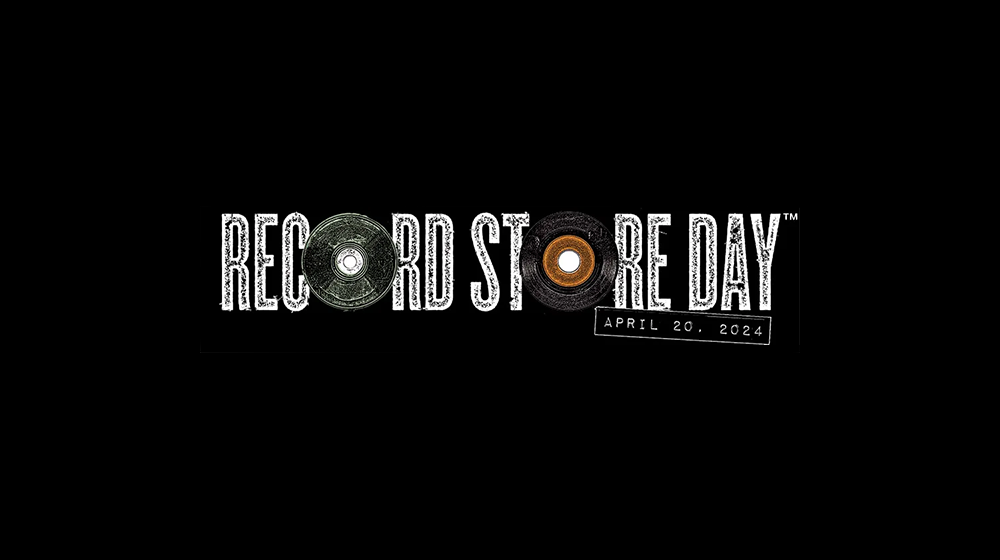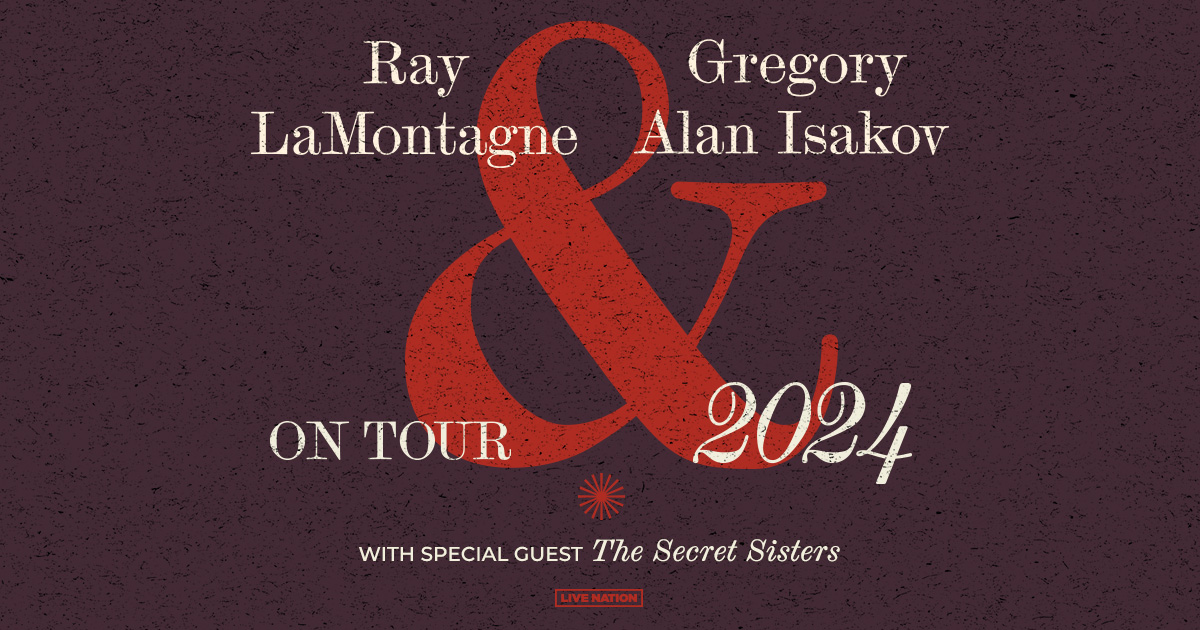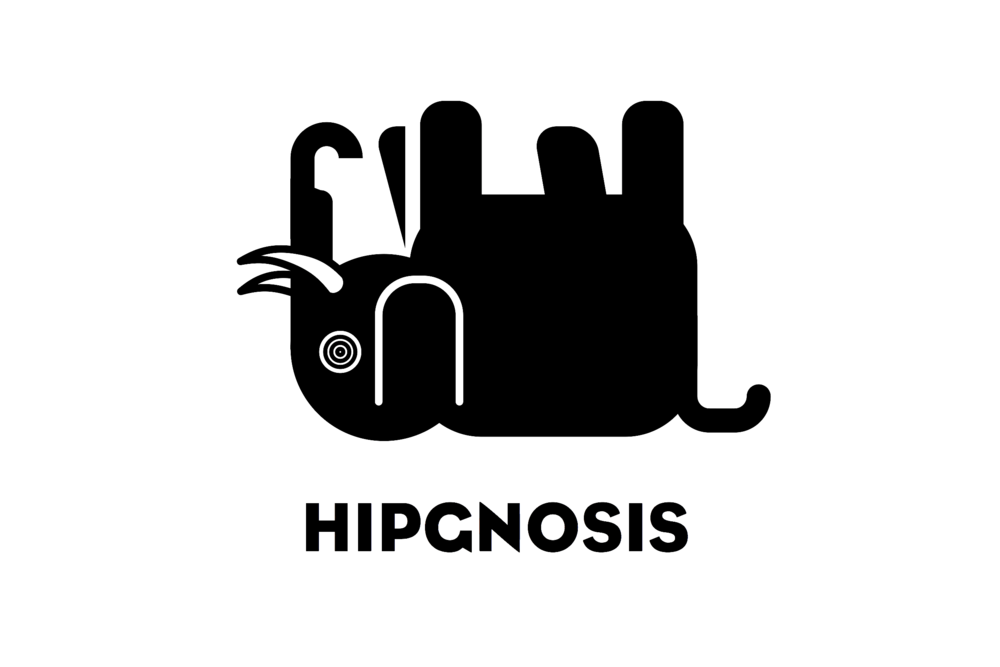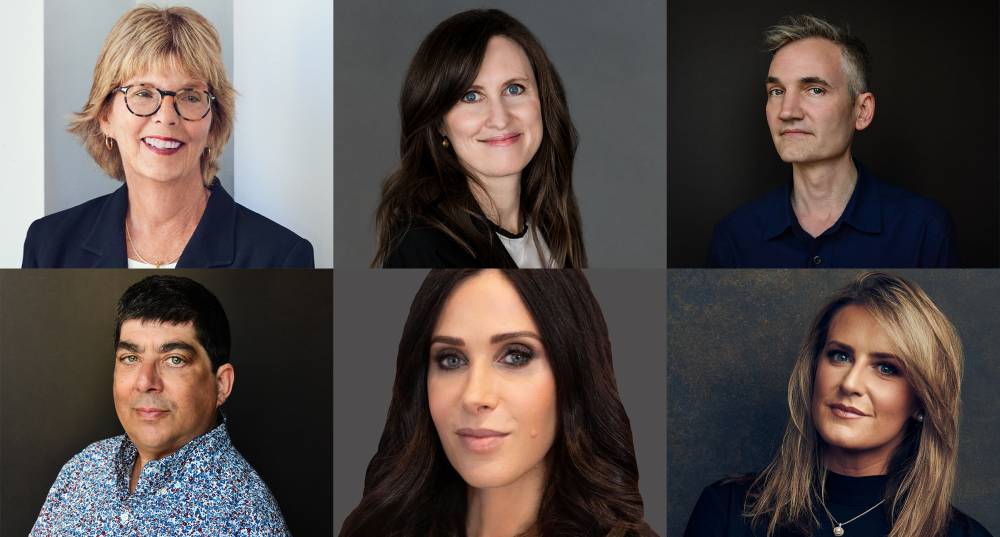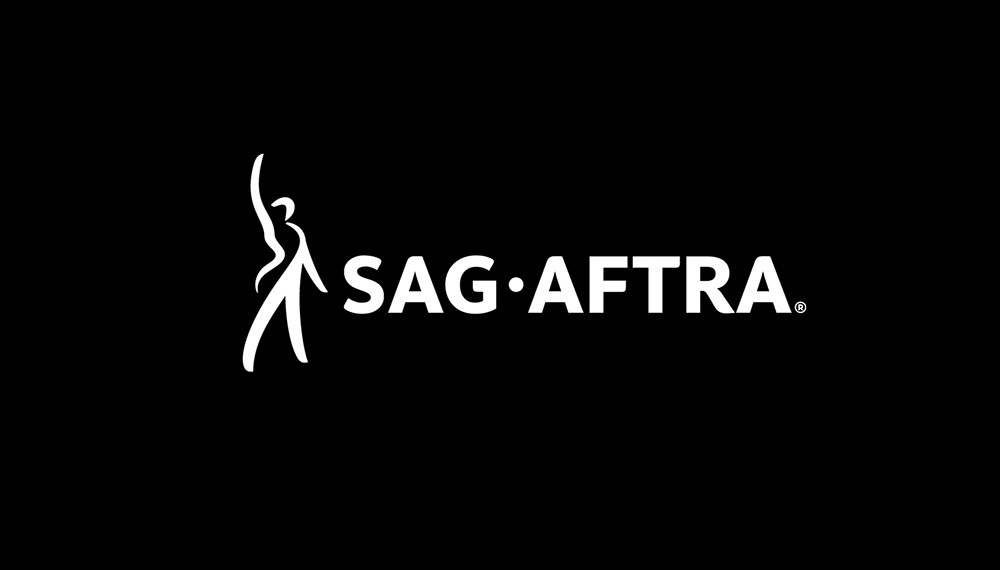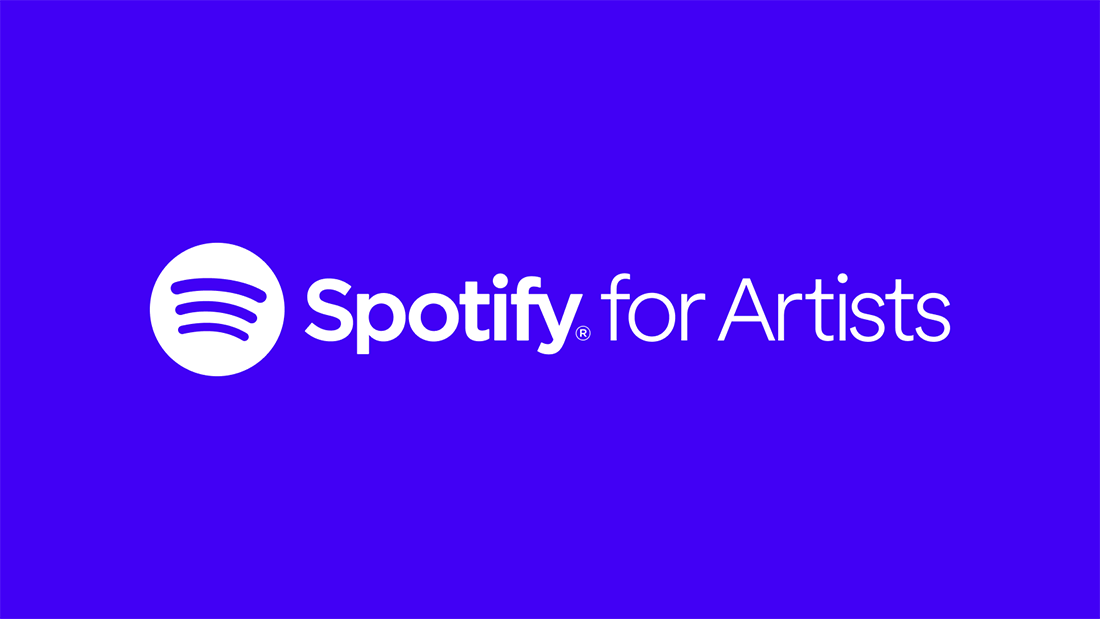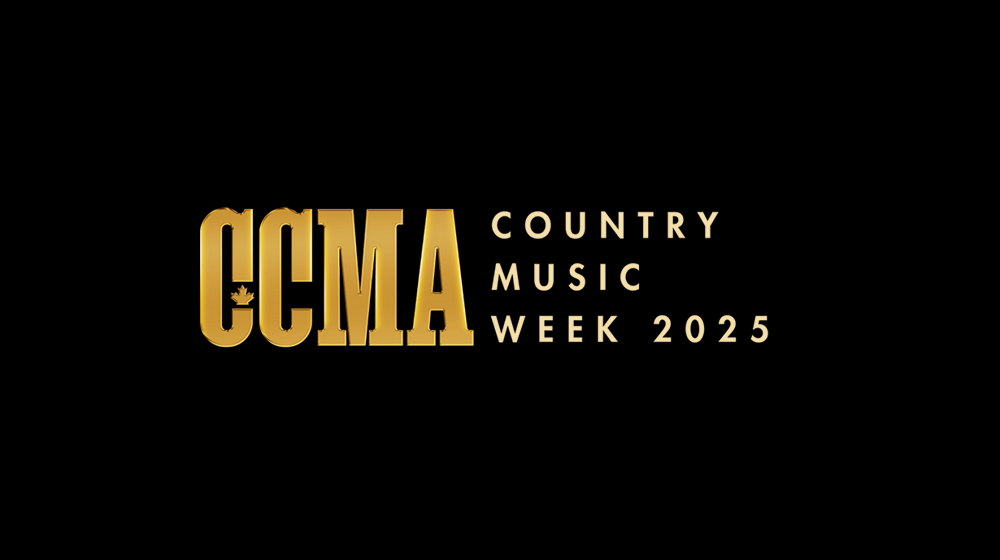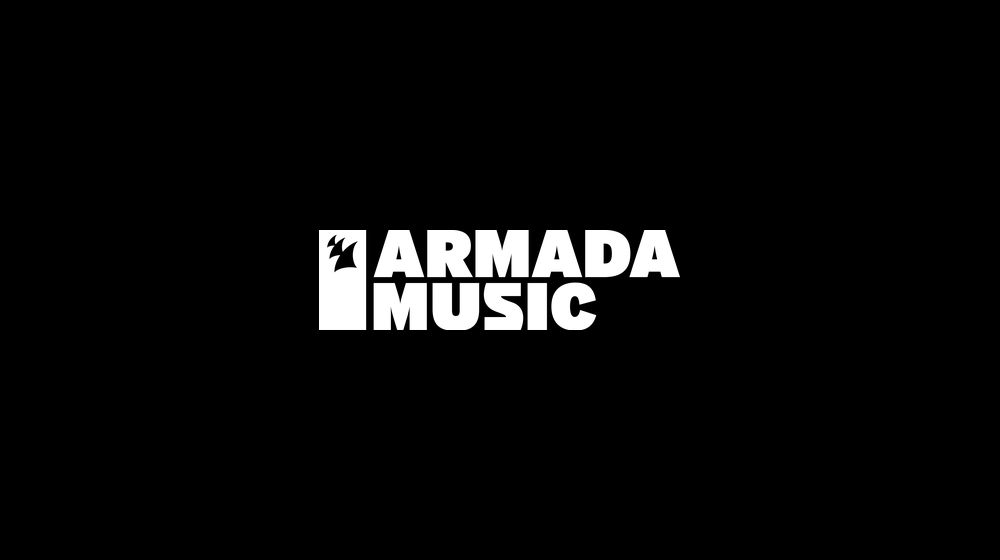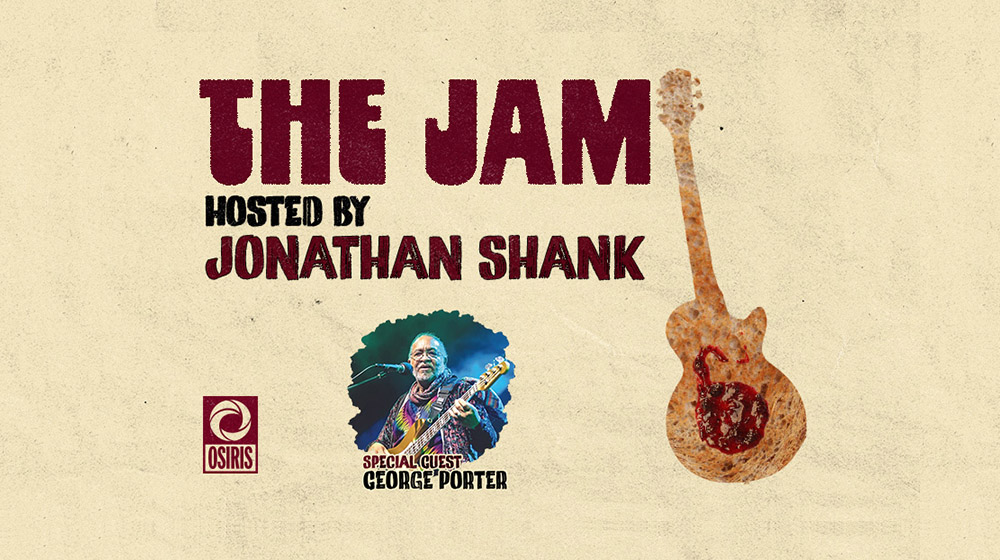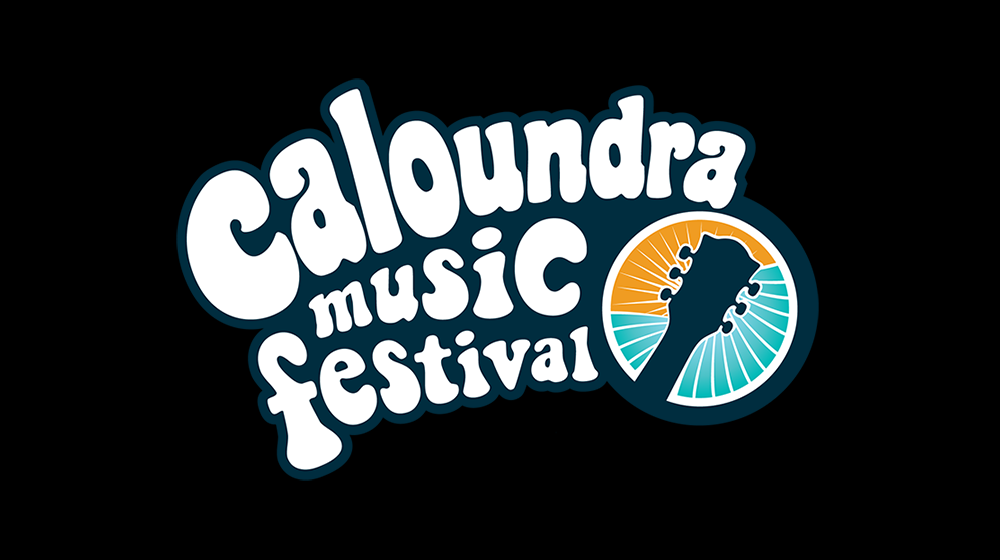
LOS ANGELES (Hypebot) – When you manage Christina Aguilera, the Eagles, Van Halen, Steely Dan, Maroon 5, Bon Jovi and more, what you say carries weight. So while his disagreements with YouTube are not new, Irving Azoff's just-penned open letter castigating YouTube in response their recent blog post is making waves.
Dear YouTube,
Your attempt at "Setting the Record Straight" through a post on your "creator blog" last month did exactly the opposite: It was obfuscation to divert artists’ attention from the fact that YouTube hides behind the DMCA’s "safe harbor" provision and pays artists a pittance.
You say that music matters to YouTube. There is an old adage about actions and words. If YouTube valued music, then it would allow artists to have the same control which YouTube grants to itself. YouTube has created original programming. Those programs sit behind a “paid wall” and are not accessible for free unless YouTube decides to make them available that way. If a fan wants to watch the YouTube series “Sister-Zoned,” that fan has to subscribe to YouTube Red for $9.99 a month. But the same does not apply to music.
Thus begins Irving Azoff's open letter to YouTube, and the super-manager is just getting warmed up.
…if you are going to continue to force artists to notify you when an infringing song is on YouTube, once an artist tells you that she wants her song taken off YouTube, you should keep it off. When the artist sends a “take down,” it should be a “stay down.”
Before you tell me that you can’t control what is uploaded to YouTube, let me say it seems clear that YouTube can control the content on its platform when it wants to do so: It controls its own series programming, and it limits offensive content like pornography. It certainly monitors what people are listening to on YouTube and provides that information to advertisers.
Azoff concludes:
But the root of the problem here is you: You have built a business that works really well for you and for Google, but it doesn’t work well for artists. If you think it is just the labels and publishers who are complaining, you are wrong. The music community is traditionally a very fractured one, but on this we are united.





















